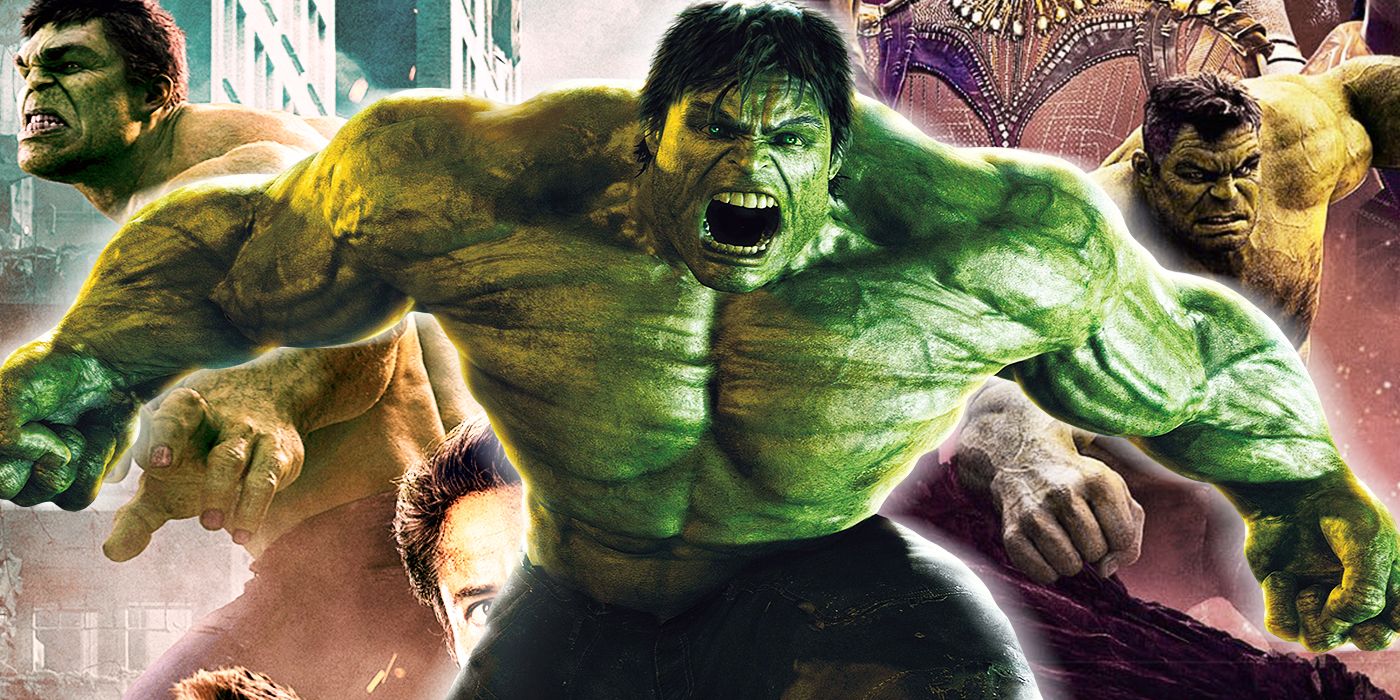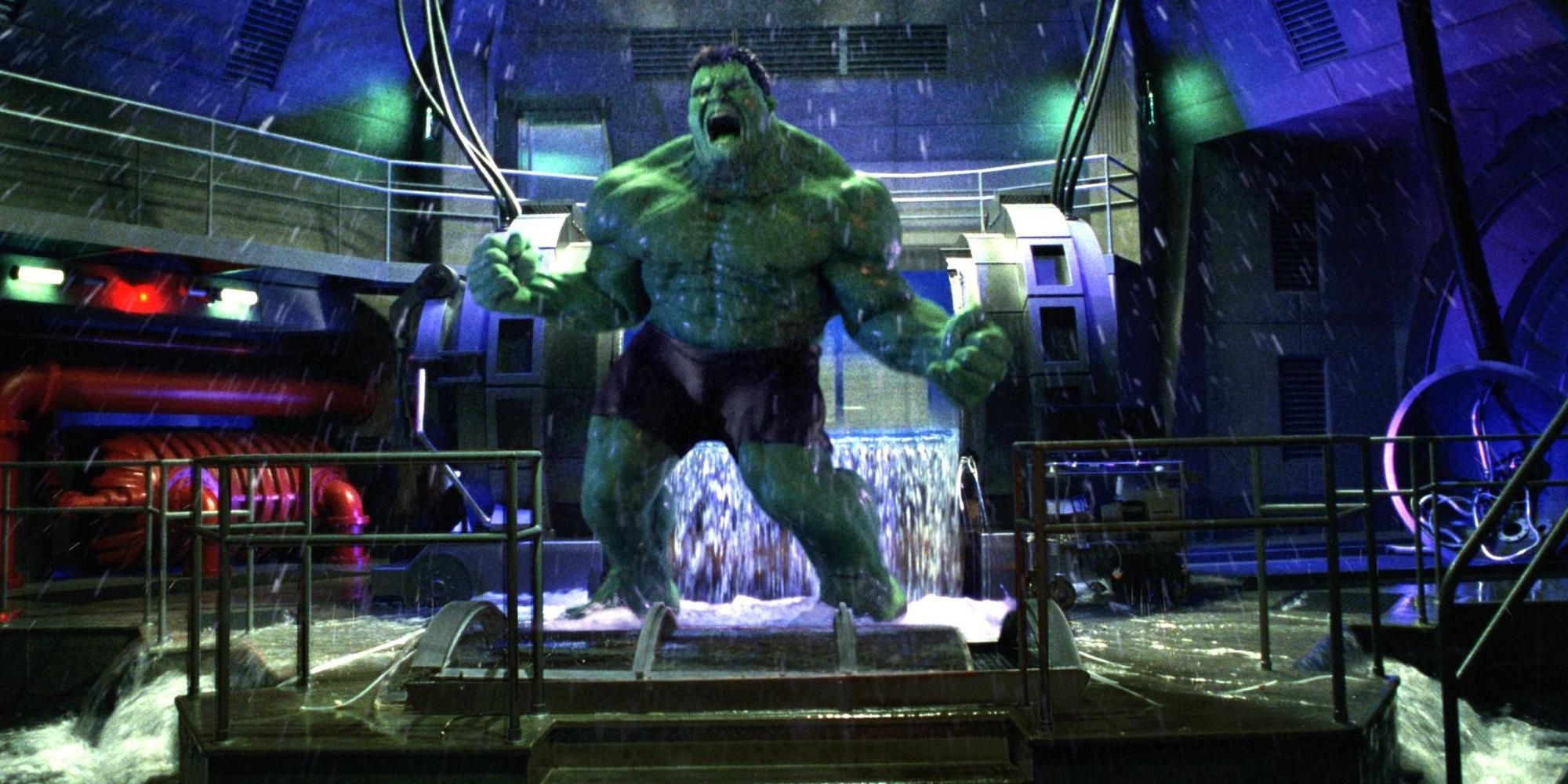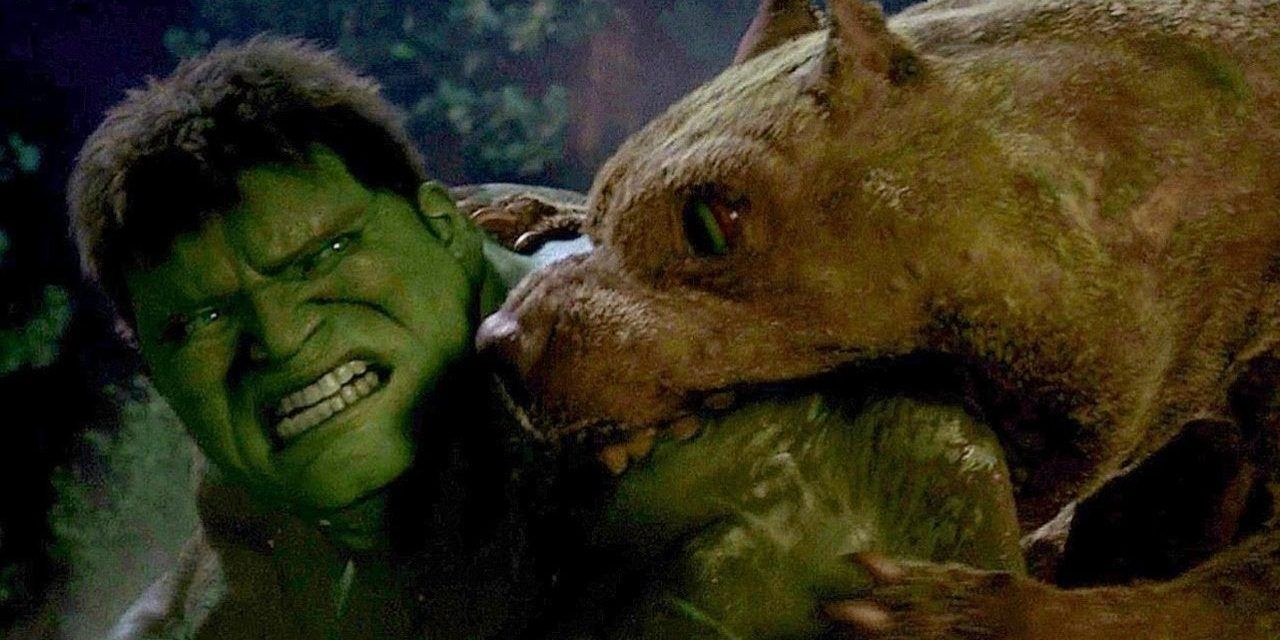The Hulk is now most associated with the Marvel Cinematic Universe, which has had increasingly disparate portrayals of the not so jolly green giant. Long before 2008's The Incredible Hulk, Dr. Banner's alter ego was represented on the big screen in Ang Lee's Hulk. Still highly contentious among superhero movie fans, Hulk attempted to honor the character's comic book past in experimental ways.
Since then, the cinematic portrayals of the powerful but conflicted Hulk have been a lot more straightforward and a lot less interesting, with the character's biggest comic book moments being horrendously watered down. This leaves Hulk as both a one-off for the character and for superhero movies in general, trying things that the somewhat stagnant genre will likely never venture to attempt again.
Why Marvel's First Hulk Movie Was a Daring Dud
2003's Hulk was very different from the successful Spider-Man and X-Men movies of the time, trying to have some of the darkness of the latter while also hewing closer to the comic book aesthetic than even the former. This was done through freeze-frame sequences that would transition one scene to the next, giving the effect of comic book panels.
Likewise, the psychological torture that Bruce Banner would be put through was straight out of the comics, moving past the mere "Hulk smash!" imagery and really diving into the turmoil felt by the main character. This focus on the character's inner struggles sometimes came at the expense of the movie's action, which definitely rubbed some viewers the wrong way. This wasn't helped by the CGI, which hasn't aged well in a lot of areas and was criticized even upon release.
There was also the fact that the comic book callbacks straight up didn't work, with many viewers feeling that they distracted from the fairly serious story and made the whole affair seem a lot cheesier than it actually was. This less than positive word of mouth didn't help, and it was eventually rebooted with The Incredible Hulk, the second entry in the MCU.
Ang Lee's Hulk Was a True Monster Movie - Not a Marvel Joke
While many of its experiments didn't quite work, retrospective reception for Hulk has to at least applaud the film for trying. It was far different than many superhero movies at the time, feeling more in line with the 1950s science-fiction monster flicks that the Hulk was originally inspired by instead of other superhero movies like Superman, Batman or Spider-Man. Since then, the Hulk has never been used in such an esoteric way, which is a shame given that comic book runs from writers old and new like Peter David and Al Ewing bear more resemblance to this film than others.
Starting with The Incredible Hulk, Hulk's portrayal would be more in line with the one-note "Hulk smash!" audience expectations for the character. This movie, which was much more readily accepted by audiences and critics, was also more of a straightforward action film than an introspective science-fiction horror movie.
Meanwhile, Hulk in The Avengers and other MCU movies is often an angry monster that's played just as much for laughs as he is muscle. This saw his evolution into Professor Hulk, which was an immense event in the comic books, being humorously revealed in the MCU and never organically shown. This cements Hulk in the MCU as essentially a joke and afterthought. The fact that he was less effective in the physical department only made matters worse.
Due to the film rights situation, there will likely never be an independent Hulk movie, let alone one like Ang Lee's, anytime soon. Instead, he's devolved from a solo hero to an underdeveloped side character who's too often played for laughs. The 2003 movie took chances by making the hero a conflicted victim of abuse who was as at war with himself as with external factors. Sadly, it seems that now he's simply a meme-worthy joke, far from the lonely, persecuted figure of both the 1970s and the 2000s.



